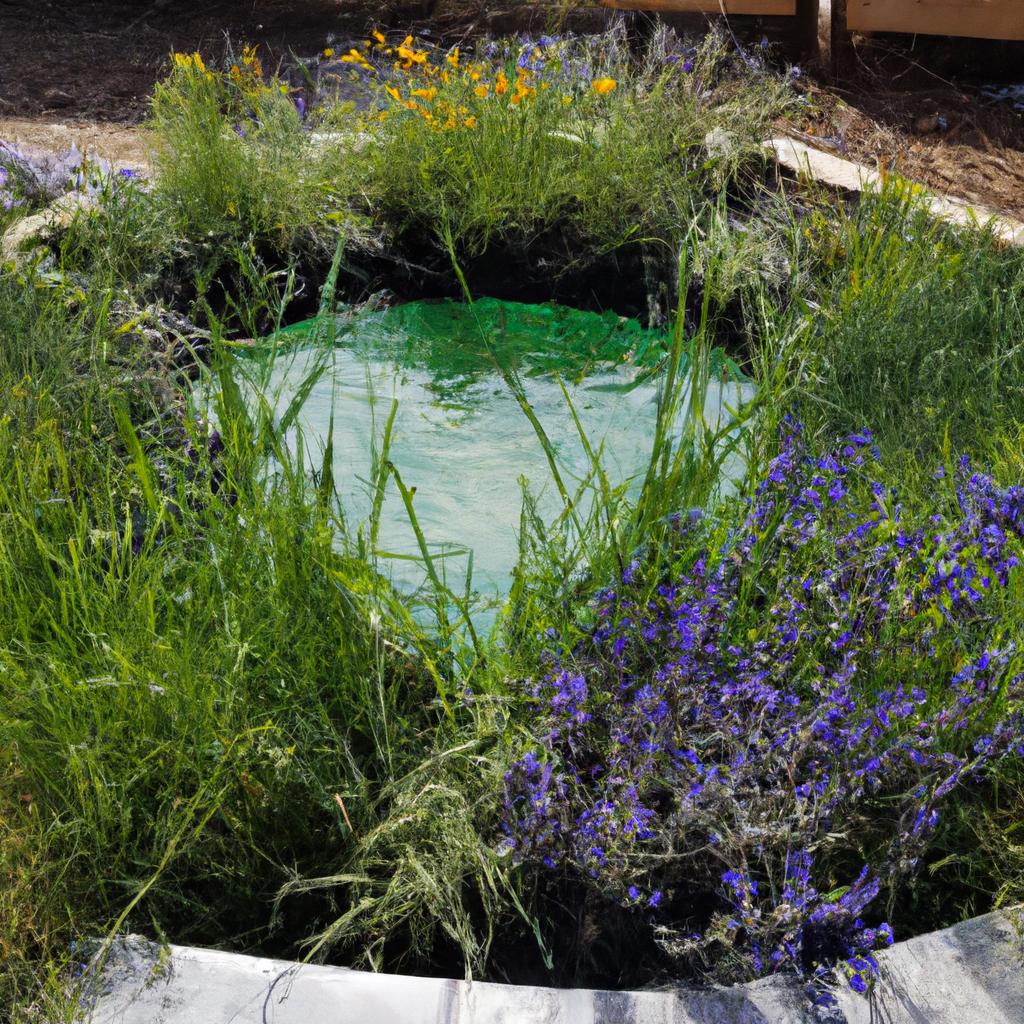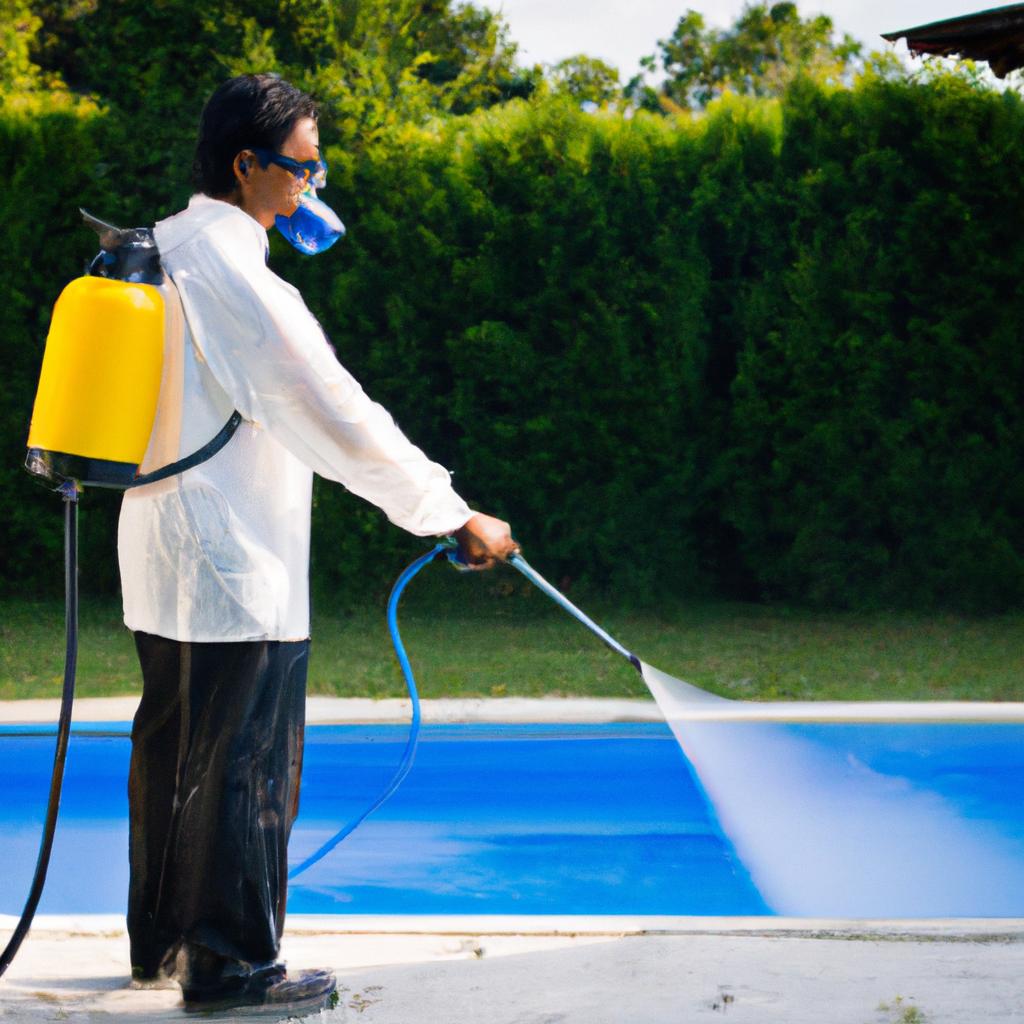If you have a pool in your backyard, you know how relaxing and enjoyable it can be during the summer months. However, the presence of bees and wasps can quickly turn your pool experience into a nightmare. Not only can they be a nuisance, but they can also be dangerous, especially for individuals with allergies. In this article, we will discuss effective ways to keep bees and wasps away from your pool.
Reasons Why Bees and Wasps Are Attracted to Pools

Bees and wasps are attracted to pools for several reasons. First, they need water to survive, especially during hot and dry weather. A pool is an excellent source of water for bees and wasps, making it an attractive destination. Second, bees and wasps are also attracted to food. If you leave sugary drinks or food near the pool, it can attract these insects. Third, bees and wasps are attracted to shelter. If you have trees or plants near your pool, they can provide a nesting place for these insects.
To effectively keep bees and wasps away from your pool, it is essential to understand why they are attracted to it. Once you understand the reasons, you can take appropriate measures to prevent them from coming near your pool.
Natural Ways to Keep Bees and Wasps Away from Pool

If you’re looking for a natural way to keep bees and wasps away from your pool, there are several options available. One of the most effective methods is to use essential oils and herbs that repel these insects. Peppermint, eucalyptus, and lemongrass oils are known to repel bees and wasps. You can mix a few drops of these oils with water and spray the solution around your pool area.
Another natural way to repel bees and wasps is to plant certain plants that they don’t like. These plants include marigolds, mint, and citronella. Not only do these plants repel bees and wasps, but they also add beauty to your pool area.
Physical Barriers to Keep Bees and Wasps Away from Pool
Physical barriers are an effective way to prevent bees and wasps from entering your pool area. One option is to install screens around your pool area. Screens can prevent bees and wasps from entering the pool area while still allowing you to enjoy the outdoors. Another option is to use netting. Netting can be draped over trees and plants to prevent bees and wasps from nesting in them.
If you have a problem with bees and wasps entering your pool area from nearby trees, you can also trim the trees to reduce the number of branches that touch the ground. This can make it more difficult for bees and wasps to access your pool area. Physical barriers are an effective way to keep bees and wasps away from your pool area, and they can also add an element of privacy to your backyard.
Chemical Solutions to Keep Bees and Wasps Away from Pool
Using chemical insecticides is another option to keep bees and wasps away from your pool. However, it is crucial to use them with caution as they can harm other beneficial insects and pollinators. Before using any chemical insecticides, read the label carefully and follow the instructions. Some common insecticides used to keep bees and wasps away from pools include pyrethrin, carbaryl, and malathion.
While chemical insecticides can be effective in controlling bees and wasps, they also have several drawbacks. For instance, they can harm other beneficial insects like butterflies and bees, which are essential for pollination. Additionally, they can contaminate the pool water and make it unsafe for swimming.
Conclusion
To recap, bees and wasps are attracted to pools due to their need for water, food, and shelter. To keep them away from your pool, you can use natural repellents like essential oils, plant herbs that repel bees and wasps, install physical barriers like screens or netting, or use chemical insecticides. However, it is essential to use these methods with caution and follow safety instructions to prevent harm to other beneficial insects and pollinators.
By implementing the tips discussed in this article, you can enjoy your pool without worrying about bees and wasps. Remember, prevention is the key, so take proactive measures to keep bees and wasps away from your pool. For more information and tips on beekeeping and pest control, visit BeeKeepingLove.com.
